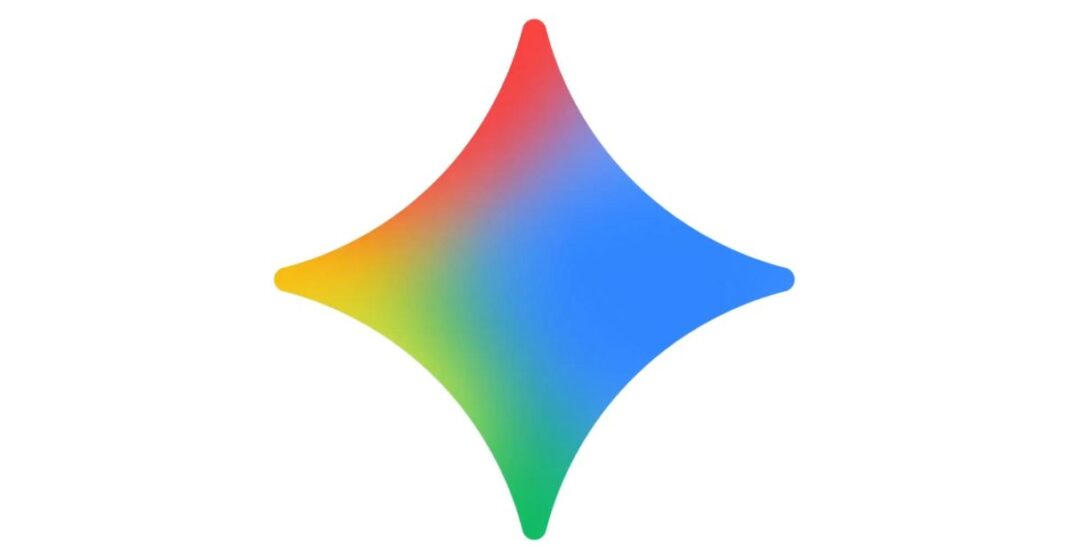テクノロジー

A few weeks ago, a frustrated Elon Musk sued Apple, claiming that the company’s pro-OpenAI bias made it impossible for other AI companies to rise to the top of the App Store. This week, Google Gemini became the latest app to contradict his claims.
When Musk first suggested that Apple’s ties to OpenAI were unfairly impacting App Store rankings, xAI had just made Grok 4 free for all users, and had just made a splash with the release of controversial AI companions.
Despite an App Store ranking bump, in which Grok climbed to fifth place overall and second in the Productivity category, it appears that Musk was hoping for more:
Apple is behaving in a manner that makes it impossible for any AI company besides OpenAI to reach #1 in the App Store, which is an unequivocal antitrust violation.
xAI will take immediate legal action.
— Elon Musk (@elonmusk) August 12, 2025
A few days later, Musk actually filed the lawsuit and noted, among other things, that Apple had never featured Grok in its App Store editorial content, a claim Apple had already disputed:
The App Store is designed to be fair and free of bias. We feature thousands of apps through charts, algorithmic recommendations, and curated lists selected by experts using objective criteria. Our goal is to offer safe discovery for users and valuable opportunities for developers, collaborating with many to increase app visibility in rapidly evolving categories.
While not explicitly mentioning it, Apple’s “safe discovery” argument likely referred to a recent episode in which Grok generated harsh antisemitic answers, as well as a brief period during which the chatbot consulted Musk’s opinions on divisive issues before formulating its final response.
Even before Apple’s response, X users were quick to point out that DeepSeek and Perplexity had topped the App Store rankings after Apple’s partnership with OpenAI. Today, Google Gemini did just that as well, thanks to the success of its new image model, officially called Gemini 2.5 Flash Image, but better known as Nano Banana.
Nano Banana
Google’s new image generation model has been making the rounds for the past few weeks, mostly due to its accuracy in generating new images from references prompted by the user.
While many images still carry the distinctive AI look that many have grown accustomed to instantly recognizing, its results are still remarkable, compared with other image models out there.
And because of this above-average accuracy in generating new images from photos uploaded by the user, the model has gone viral in social media, which in turn boosted Google Gemini’s app to the top of the App Store, while OpenAI’s ChatGPT sits in second.
As with past overnight surges in App Store popularity, the Google Gemini app is likely to lose momentum in the coming days. Still, its success added to the dissonance in Musk’s chief claim, and showed that no App Store feature can match genuine user interest.
Do you think Apple gives OpenAI an unfair advantage? Let us now in the comments.
Accessory deals on Amazon
- AirPods Pro 3 – Preorder
- Apple AirTag 4 Pack
- Apple AirTag
- Beats USB-C to USB-C Woven Short Cable
- Wireless CarPlay adapter


FTC: We use income earning auto affiliate links. More.




